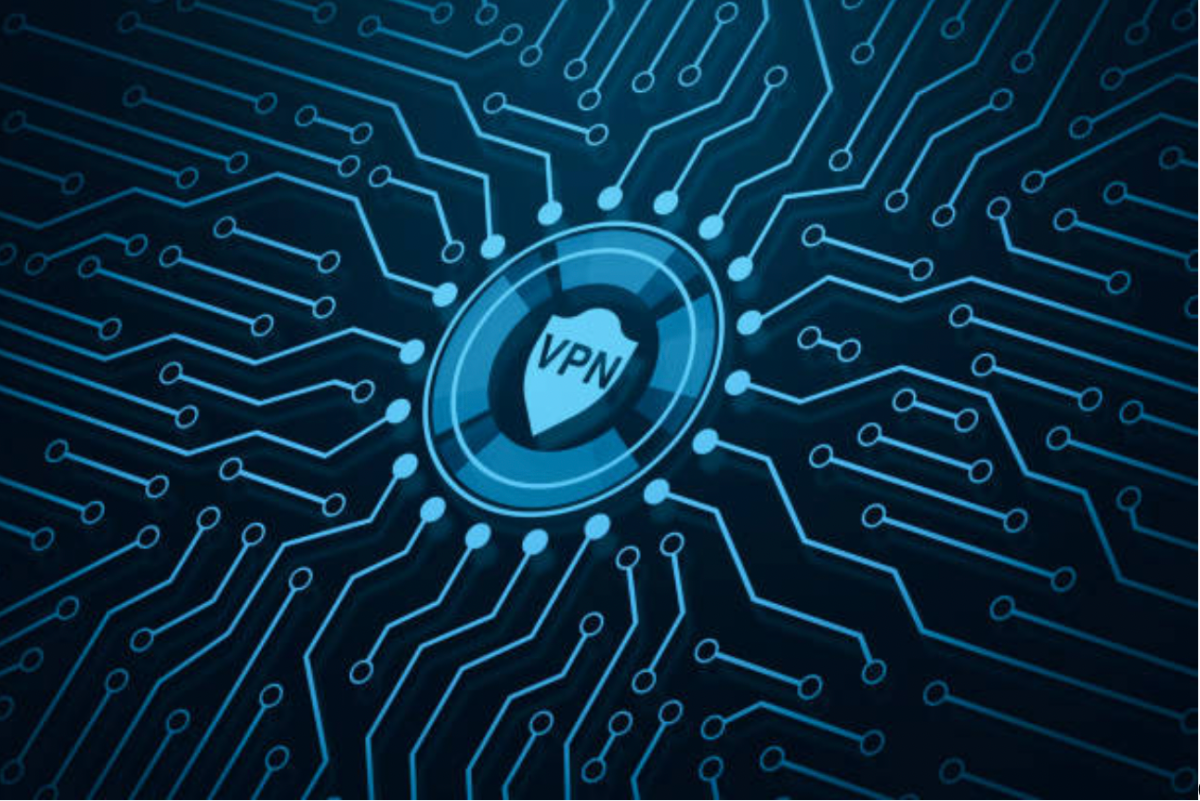With the continued spread of Internet censorship worldwide, users devise and make use of various technologies and tactics to defeat restrictions on information access. These technologies have proven crucial in countries with severe governments imposing high levels of control over the Internet; yet, they see wide diffusion among people living in democracies, as well, since they provide a means of safeguarding privacy and avoiding surveillance. The present article tries to inspect the most widely used means of defeating Internet censorship, observing their effectiveness and the problems they produce.
Among all the tools that help bypass censorship of the internet, VPNs are one of the most popular and widespread. A VPN is a tool that allows connecting with the internet via a remote server based in another country; it masks users’ real IP addresses because it encrypts all data. It makes tracking by governments or ISPs of online activities of users difficult, as well as blocking access to some sites.
But VPNs also link people in heavily censoring countries like China, Iran and Turkey to blocked websites such as Google, Facebook and YouTube. Still, governments there also gradually became more sophisticated in their efforts to detect and block VPNs. China has advanced deep packet inspection techniques to find and break VPN connections. It makes the censorship enforcer’s and VPN provider’s job a cat-and-mouse game.
Despite these setbacks, VPNs still serve as an important line of defense in keeping the internet free within highly censored environments. They offer more protection with added benefits to privacy by encrypting internet traffic from surveillance and data collection.
The Tor network is a different kind of powerful tool for avoiding censorship. Tor sends internet traffic through a series of volunteer-operated servers, called nodes, encrypting the data at each step. This anonymizes users’ online activities, making them virtually impossible to trace by third-party government agencies or ISPs as to where the user is located and which sites they are visiting.
Tor is especially appealing to activists, journalists and whistleblowers that want perfect secrecy while communicating in hostile environments. It opens the door to the “dark web,” where information and services can be exchanged in almost complete anonymity, often in-depth of government surveillance. For example, Tor provided a significant function for activists during political protests in countries like Egypt, Iran and Belarus to communicate and spread information with no thought of harassment.
However, Tor is not without its hang-ups. Owning to the need for privacy within the network, it may be slower compared to traditional methods of browsing. Several governments, like China, have developed various means through which they block access to the Tor network altogether. However, it continues to be one of the most effective ways to circumvent overzealous censorship.
Proxy servers act as an intermediary between users and the websites they want to access. When working with a proxy server, user requests for information are routed through a server in another location, camouflaging their IP address. In such a way, this enables users to bypass restrictions on the content by routing them to show they are navigating from another country where the particular content is not blocked.
Proxies find their meaningful applications in schools, workplaces and countries that exercise comparatively moderate levels of censorship. Though they are less secure than VPNs or Tor-most do not encrypt user data by default-proxies are just easier to establish and use, making them real convenient options for casual browsing or unlocking geo-restricted content, like streaming services or news websites.
However, proxies are easily detectable and blockable for more sophisticated censorship systems; furthermore, due to a lack of encryption, users also expose themselves to surveillance or hacking. Therefore, this may be one of the reasons why proxies are being put into use in conjunction with other tools-such as VPNs-for added security.
Over the last couple of years, blockchain technologies and decentralized networks turned out to be one of the most effective and promising tools of evasion from internet censorship. Information gets scattered across the world on millions of nodes-servers, which in turn makes it all but impossible for any single authority to ban access to any given piece of information.
But, ironically, blockchain is a model for decentralized, censorship-resistant platforms-the very technology behind virtual currencies such as Bitcoin. One example is IPFS, or InterPlanetary File System, a peer-to-peer protocol that allows users to share and access files without any central server. Since the content will be scattered among a number of locations, censorship by governments or corporations becomes extremely difficult.
Another example is Freenet, a decentralized network system proposed for users to be able to share information and files with each other anonymously. Freenet encrypts data and spreads it across different nodes such that no user or server holds the full content in order to reduce the possibilities of censorship or surveillance.
Though they are still in their infancy, these technologies do represent new frontier levels in the fight against internet censorship. Giving blockchain and peer-to-peer networks decentralized control over information would provide more robust means of resisting government control and freedom online.
One of the most well-known ways that governments block access to particular websites is by manipulating the domain name system. By making changes to DNS settings, the ISP can redirect a user trying to reach a blocked site to a page that has been approved by the government or block access altogether. DNS manipulation happens in many countries worldwide, such as China, where governments block foreign news sites, social media platforms, and other restricted content.
A possible way around this might be DNS-over-HTTPS, a relatively new technology that encrypts DNS queries so neither ISPs nor governments know what sites a user is trying to access. Such usage of DoH keeps DNS requests within the usual HTTPS flow, thus making it more difficult for censors to find and block specific websites.
Several web browsers, including Firefox and Chrome, began trying to implement DoH as a means for helping users around the world evade DNS-based censorship and offering better privacy online. While this still does not solve the problem of censorship, DoH is a pretty useful tool in bypassing simple blocks and protecting user privacy.
In some countries, social media and messaging applications have become key ways to obtain information when traditional websites or news outlets are censored. For example, encrypted messaging services, like Signal and WhatsApp, provide for the users a secure channel of communication that becomes very hard for the authorities to track or block. Also, along with applications like Telegram, it has risen in popularity in countries with heavy censorship-the ability to create channels in which news and information can be shared free from interference by the government.
But governments are getting smarter, targeting these platforms as well. During political unrest in countries such as Belarus and Hong Kong, governments throttled or blocked access to messaging apps that protesters had used to coordinate movements and activities. Users then shift to the use of decentralized messaging applications such as Briar, which works over the internet that is partially or entirely cut off.
While technological tools and strategies offer ways around internet censorship, the tools themselves involve risks: using VPNs, Tor, and other circumvention tools is illegal in many countries; severe punishments await those who get caught. Furthermore, governments have invested in more efficient methods of detecting and blocking circumvention tools, making it ever harder for users to stay ahead of efforts at censorship.
Furthermore, circumvention tools themselves do not give all the same degree of privacy or security. Some free VPNs and proxies may sell user data or be vulnerable to hacking, which could then compromise users by placing them under surveillance or in cases of cyberattacks. It is thus very important for users to pick trusted tools and be observant of any other existing risks.
This is a cat-and-mouse game wherein internet censorship and circumvention tools have been changing and evolving continuously. While governments keep fine-tuning their methods of control, users and developers are finding new ways to bypass the censorship in defense of their rights of expression and access to information. From VPNs and Tor to decentralized networks and encrypted messaging apps, the fight for internet freedom will keep changing the course of the digital future.
Yet, in their proliferation, it is also important to address broader concerns about digital rights and governance. While circumvention technologies are crucial in the short term, longer-term solutions will involve international cooperation, policy reform and the protection of fundamental freedoms.













